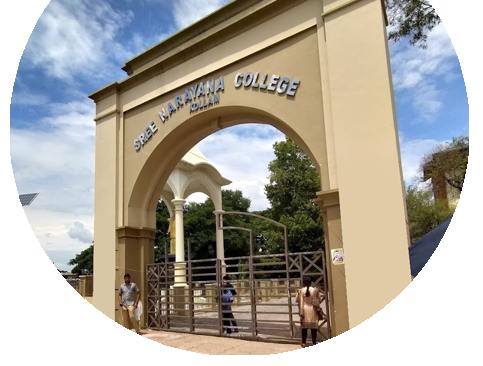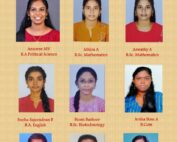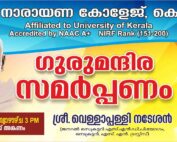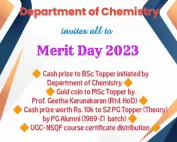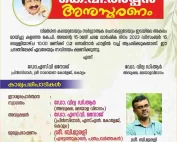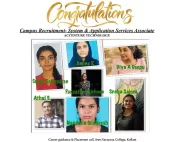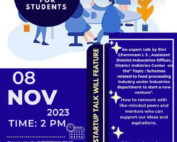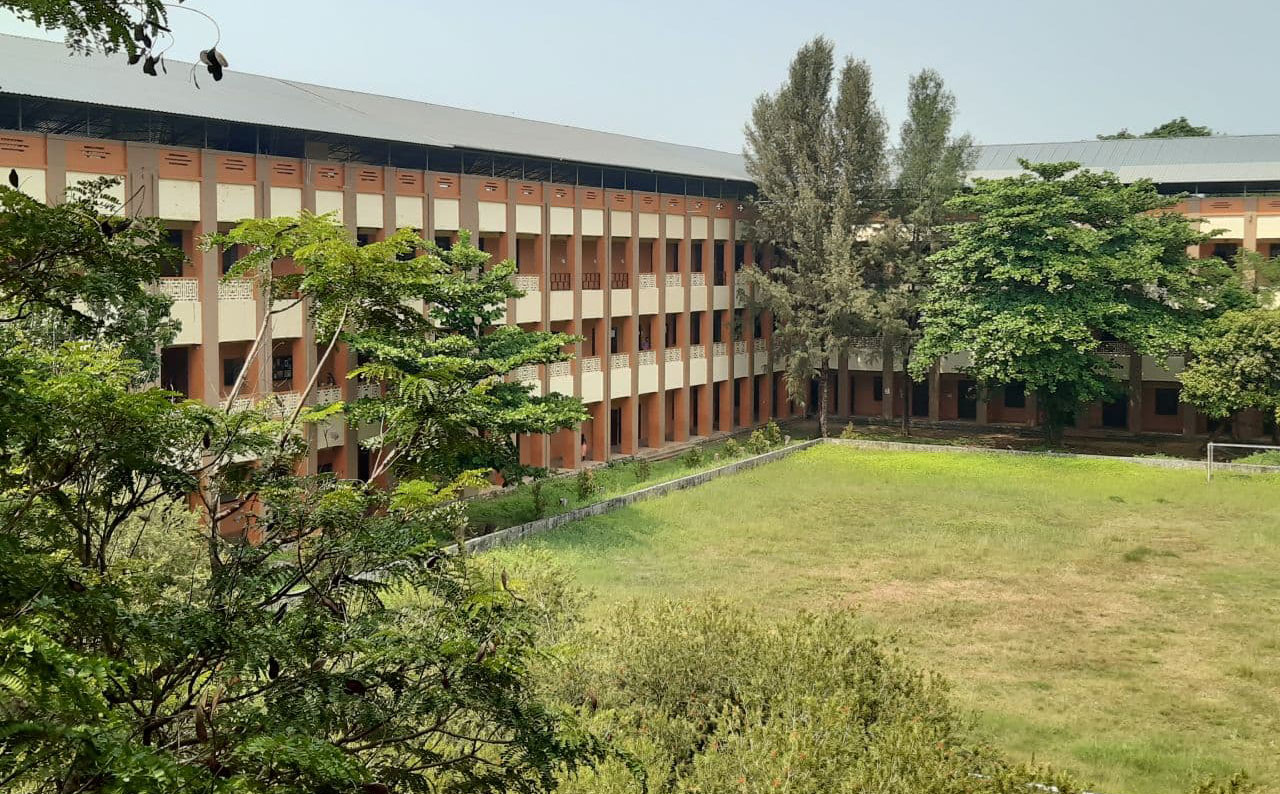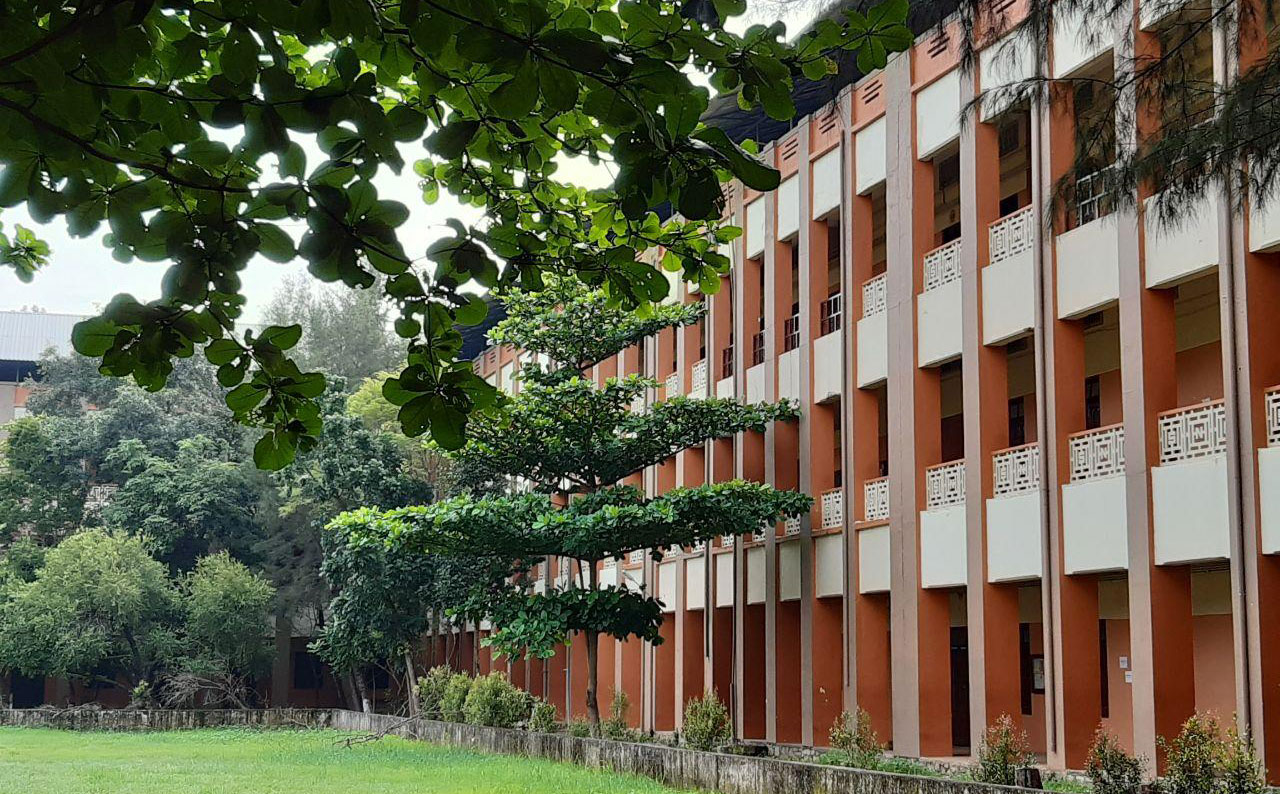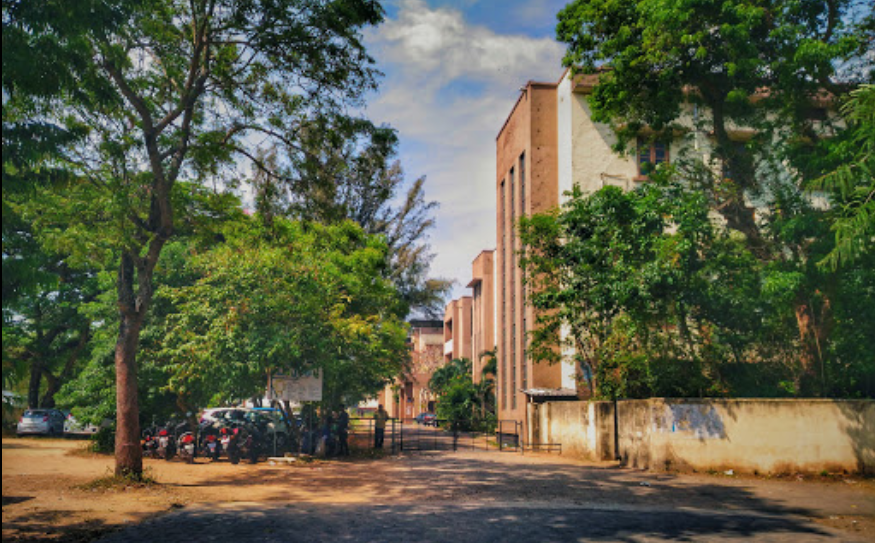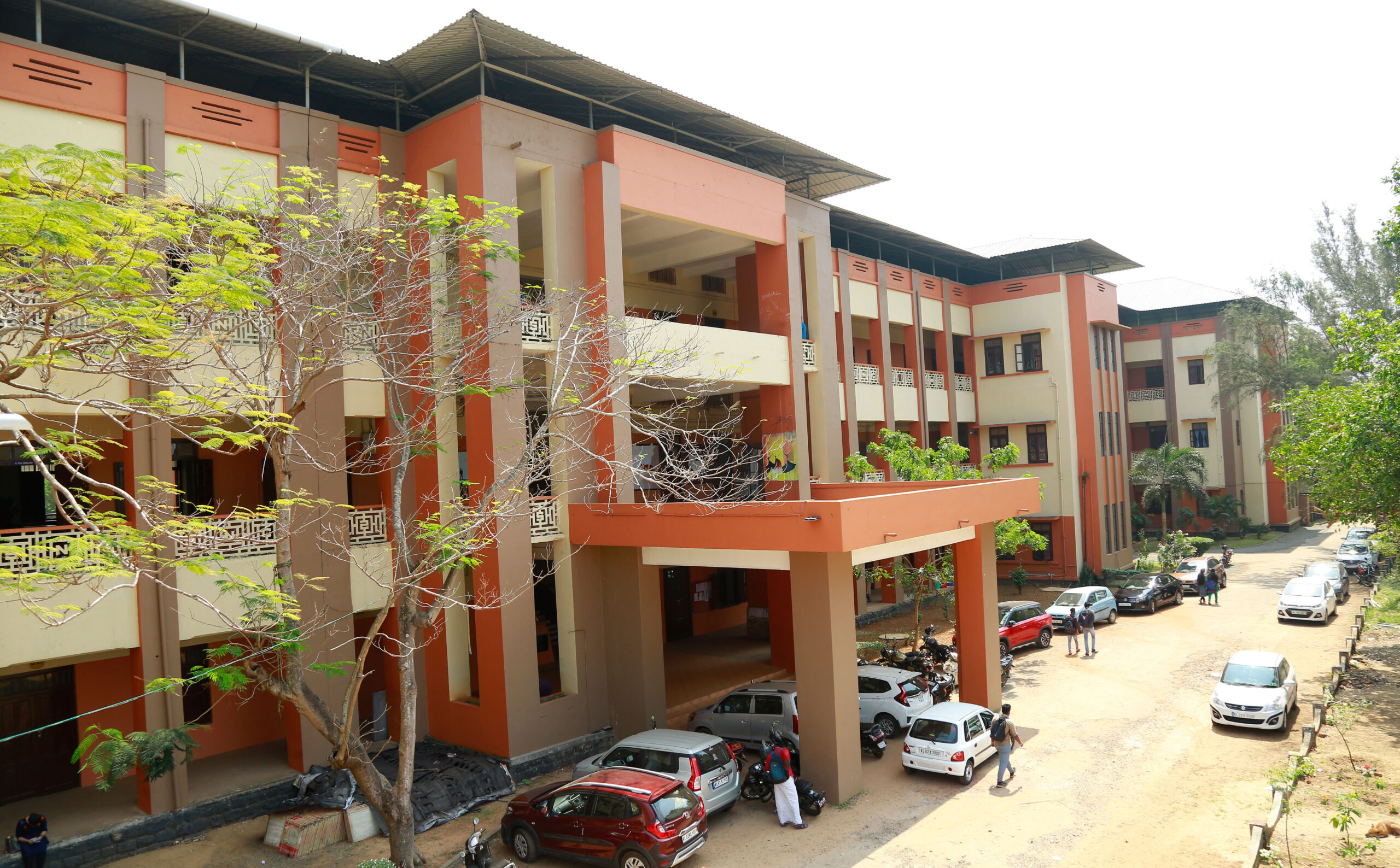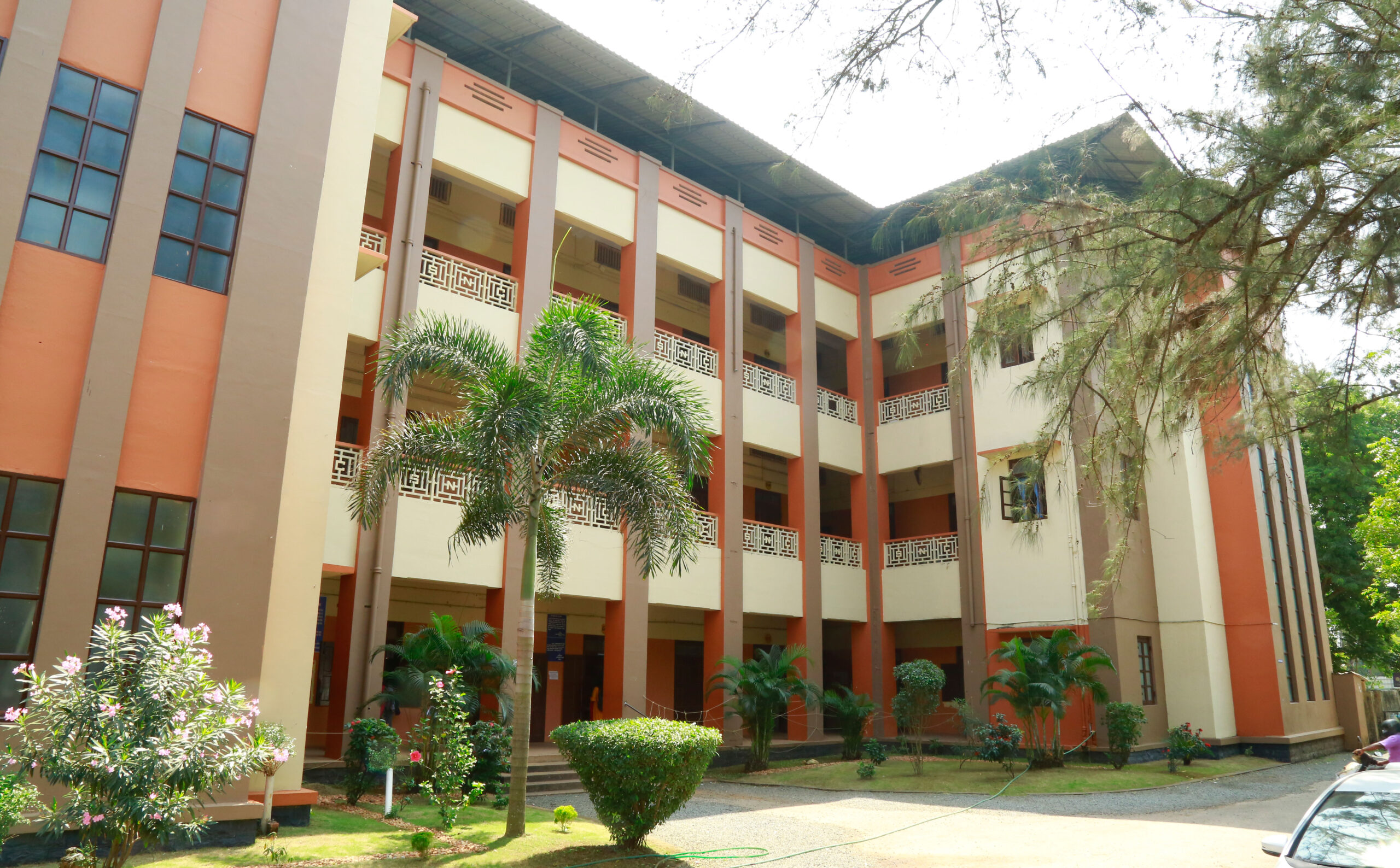
SREE NARAYANA COLLEGE, KOLLAM
Sree Narayana College, Kollam, is a premier centre of higher education in Kerala, India. The college is named after the internationally renowned social reformer, philosopher and saint, Sree Narayana Guru (1856-1928) and managed by SN Trusts, Kollam. The college had borrowed Guru’s seminal ideology – “One Caste, One Religion, and One God for man”- as its motto to propel itself in attaining the liberalist and egalitarian motives envisaged by Guru. The College was started by Sree Narayana Dharma Paripalana Yogam (S.N.D.P) in 1948 by great visionary and humanist, Sri. R. Sankar, the former chief minister of Kerala. The college is currently guided and mentored by the present Manager of Sree Narayana Colleges, Sri. Vellappally Natesan.
The college had kept up to its glorious past by keeping apace with the recent innovations and requirements in higher education sector and had qualified itself with the NAAC ‘A+’ Grade (2023), ARIIA ‘A’ Band ranking (2020), ARIIA All India Rank II (2021), besides being enlisted and assisted with various governmental initiatives and schemes such as RUSA, DST-FIST and DBT- Star Scheme.
LATEST INFORMATIONS
S N COLLEGE NEWS
USEFUL LINKS
Get In Touch With Us!
You can get in touch directly with us in case you have any queries or need support





